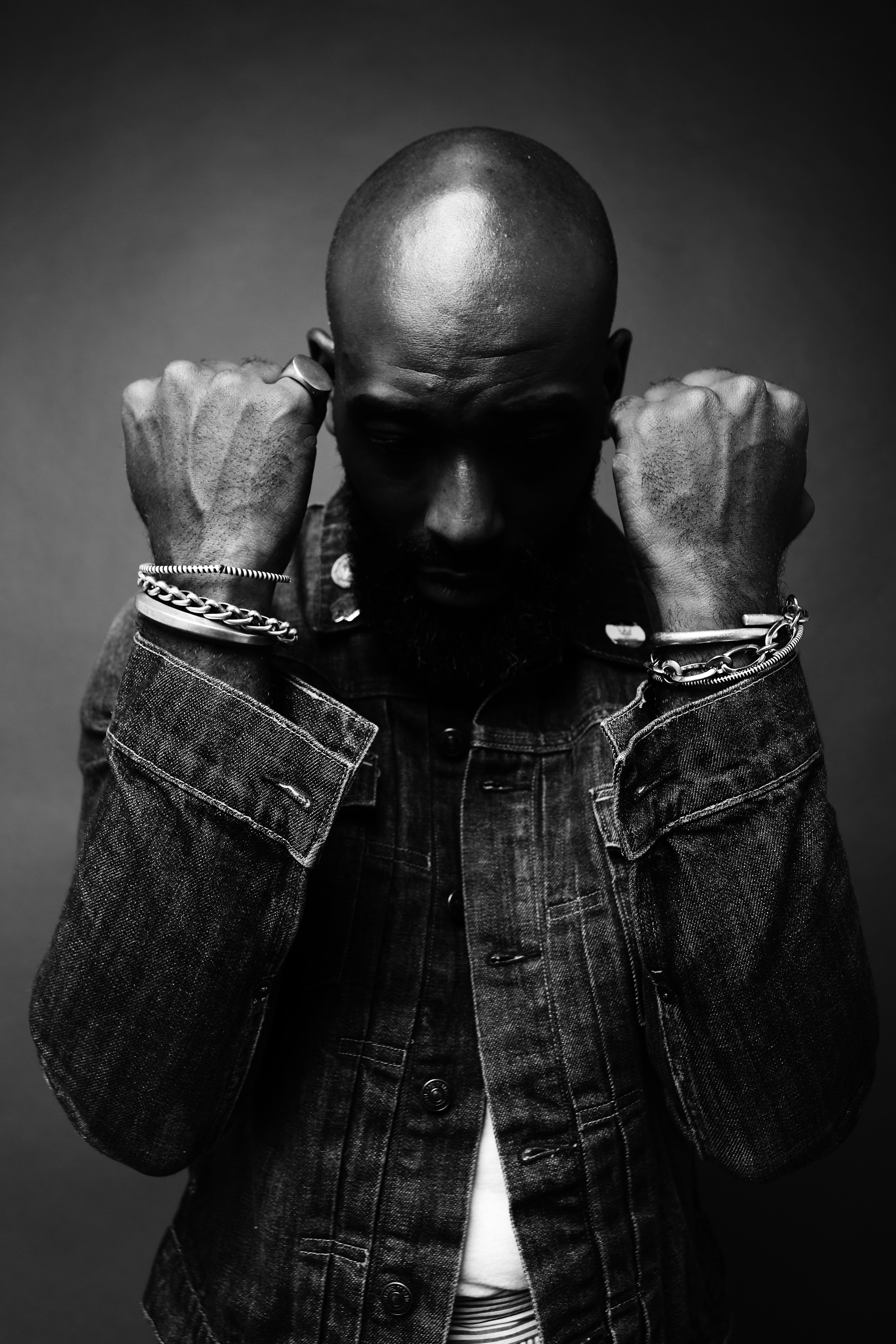If Christians in the U.S.S.R. were hoping and expecting that Billy Graham would speak up on their behalf to the Soviet authorities, they were naive and mistaken. Mr. Graham's visit to Moscow in 1982 was in keeping with his practice of many years of appearing with "Christian" leaders from behind the Iron Curtain and promoting their legitimacy. Carl McIntire had written a number of lengthy, fact-filled letters to Mr. Graham pointing out that these religious leaders were in fact agents of their Communist governments and were in no way Christian, but Mr. Graham consistently refused to heed the warnings. Mr. Graham's 1982 visit to Moscow was therefore not unusual; what was unusual was the amount of publicity it attracted.
Billy Graham's performance in Moscow was so disgraceful that even secular newspapers in the United States, not normally known for supporting the Christian faith or criticizing the U.S.S.R., blasted him for his cowardice and gullibility. My favourite editorial, which adequately summed things up, was from a Canadian newspaper, the Winnipeg Free Press, on May 15, 1982:
Another Useful IdiotUnfortunately, Billy Graham never repented of his performance in Moscow in 1982 or gave evidence of learning anything from it. On a 1988 visit to China--a country whose Communist regime has murdered more Christians than the number of Jews murdered in Germany by Adolf Hitler--he spent his time in the company of representatives of the state-approved churches and passed on the opportunity to support the house churches where most real Christians were to be found. As reported by Edward A. Gargan in The New York Times on April 17, 1988:
It has been some time since the world witnessed a spectacle such as that which took place in Moscow this week: 450 churchmen from 97 countries attending a conference on world peace sponsored officially by the Russian Orthodox Church and, by their presence and their silence, throwing their weight behind the Kremlin’s claim that there is no religious persecution in the Soviet Union.
In preparation for this religious gathering, the secret police rounded up Christian activists. Some were released after stern warnings to stay away from Moscow and the delegates during the conference. Some were detained and at least one was sent to an insane asylum run by the KGB. During the conference, one dissenter who has already served six years in a labor camp for religious activities was arrested again and, during a sermon delivered by Evangelist Billy Graham, a woman was seized by the KGB for raising a banner that read: “We have more than 150 prisoners for the work of the Gospel.”
If it had not been for Mr. Graham’s presence, the conference would have passed with little notice. His attendance, however, assured world-wide news coverage for what was essentially a propaganda exercise by the Soviet government through the instrument of the Russian Orthodox Church, which, in its official existence, functions as little more than a messenger of the Kremlin.
It is perhaps fitting, then, that Mr. Graham should also have been the star performer. It would have been far better, however, had he stayed home. As it was, he did not even have the grace to remain silent.
When informed of the arrest of the woman during his sermon, his reaction was: “Detained?…We detain people in the United States when we catch them doing things wrong.” When he visited six Pentecostalists who have been living in the U.S. embassy for four years protesting religious persecution and the refusal of the government to give them exit visas, Mr. Graham would not even have his picture taken with them and asked them not to discuss his visit until he had left the country.
The nadir of his performance came when he remarked that, “There are differences between religion as it is practised here and in the United States. But that doesn’t mean there is no freedom of religion,” and that during his six days in Moscow he had experienced nothing but religious liberty.
Maundering such as this has seldom been heard since the stream of useful idiots who passed through the Soviet Union in the 1930s returned to the West singing the praises of Stalin’s utopia. Even now it would merely be sad and pathetic if it were not for the terrible reality of life for Christians and Jews in the Soviet Union: the petty persecutions experienced in everyday life, the daily horror of the prisons, labor camps and psychiatric hospitals where thousands of them are imprisoned. For them, the freedom enjoyed in the West is only a distant dream, but it is a dream that, as many political and religious dissidents have said, sustains their courage and their faith. It is impossible to imagine the new depths of despair that they will feel when Mr. Graham’s comments spread through the hundreds of little hells that make up the Gulag Archipelago.
When asked in the interview about Chinese Christians who were imprisoned for their beliefs, Mr. Graham declined to criticize Government policy. ''The situation is so much better than it was 10 years ago,'' he said. ''I think of it more positively than negatively. I think religious freedom will grow.''Since persecution of Christians in China has continued since Billy Graham's visit in 1988, it's hard to see what, if anything, he accomplished, privately or publicly. Visits by Mr. Graham to North Korea in 1992 and 1994 resulted in statements from him similar to those made in Moscow and Beijing.
In his discussions with Chinese officials, Mr. Graham said he would only raise the problem of imprisoned Christians ''indirectly.''
''I talked about human rights,'' he said, explaining why he preferred not to criticize the Government directly. ''There are some things I think I can accomplish in a private way.''

.JPG)





































No comments:
Post a Comment